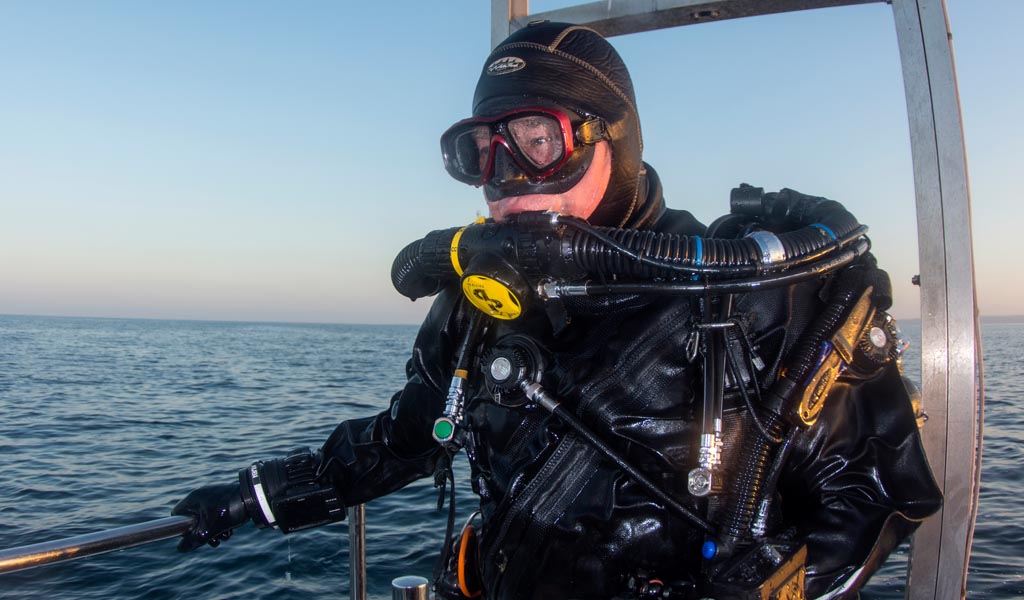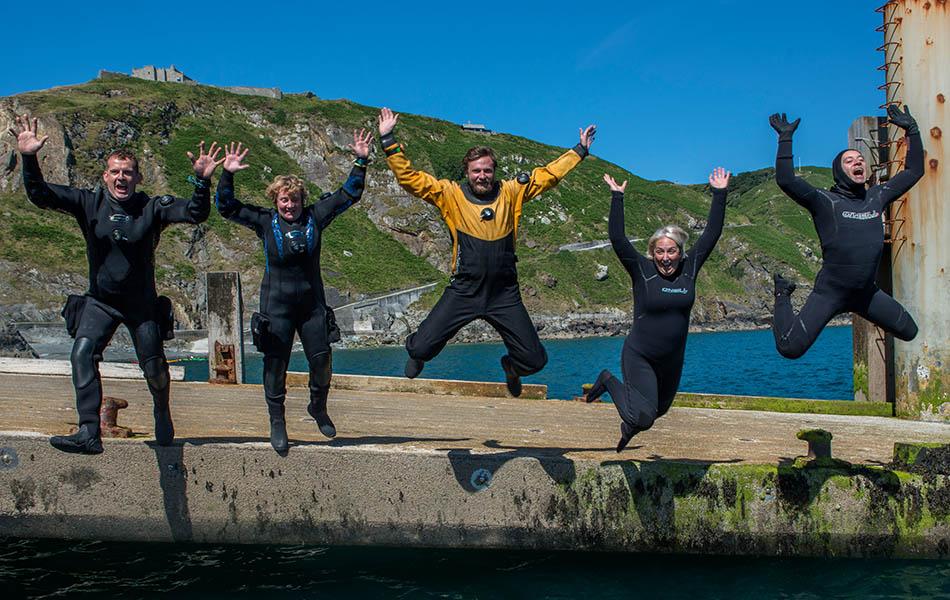
A recent diving incident highlighted a particular problem that resulted in a safety message being circulated to Rebreather Instructors to ensure that the information could be highlighted during future training.
Whilst the detail may not be relevant to all divers specifically there are (as always) lessons we can all take away from it.
The issue involved rebreather CO2 scrubber material that had been used for a dive and then stored indoors in a warm and dry environment in an unsealed manner. The absorbent material requires a degree of moisture to operate optimally and storing in such an environment would remove some of the moisture within the material and make it’s operation less efficient.
It may be a simple consideration but it demonstrates that we should all pay attention to the operational requirements of our equipment.
The initial reaction to reading the above might be to consider that “I don’t use a rebreather so it is not relevant to me”. Such a response may be logical if you are not a rebreather diver but it does not mean we can’t take a lesson away from it and some examples are below.
Safety advice for scuba Instructors
As Instructors, any information, especially safety related, is always of value to us. Students and other divers will often look to instructors as a valuable source of information not only to cover their current training but also to have a wider viewpoint on other types of diving.
Currently, a basic explanation of the operation of Rebreathers is covered within Sports Diver training and should a keen and enthusiastic Sports Diver student see the safety update it is not unreasonable for them to seek further advice and clarification from their instructor.
Safety advice for Dive Manager
Training in the use of rebreathers requires a minimum prerequisite of Sports Diver and basic nitrox training. Rebreathers have been around in recreational diving for many years now. It is now increasingly unusual for a dive boat not to feature at least one rebreather diver and so a Dive manager should have a general awareness of their use (hence the reason for inclusion in Sports Diver training).
Safety advice for scuba divers
Building an increasing awareness of new and ongoing development within diving can help inform the direction you may want to take your diving. Keeping and open and enquiring mind on matters such as this can only help build your increasing awareness and help to keep you and your buddy, who may be a rebreather user, safe and enjoy your diving.

 Author: Jim Watson | Posted 06 Apr 2018
Author: Jim Watson | Posted 06 Apr 2018



